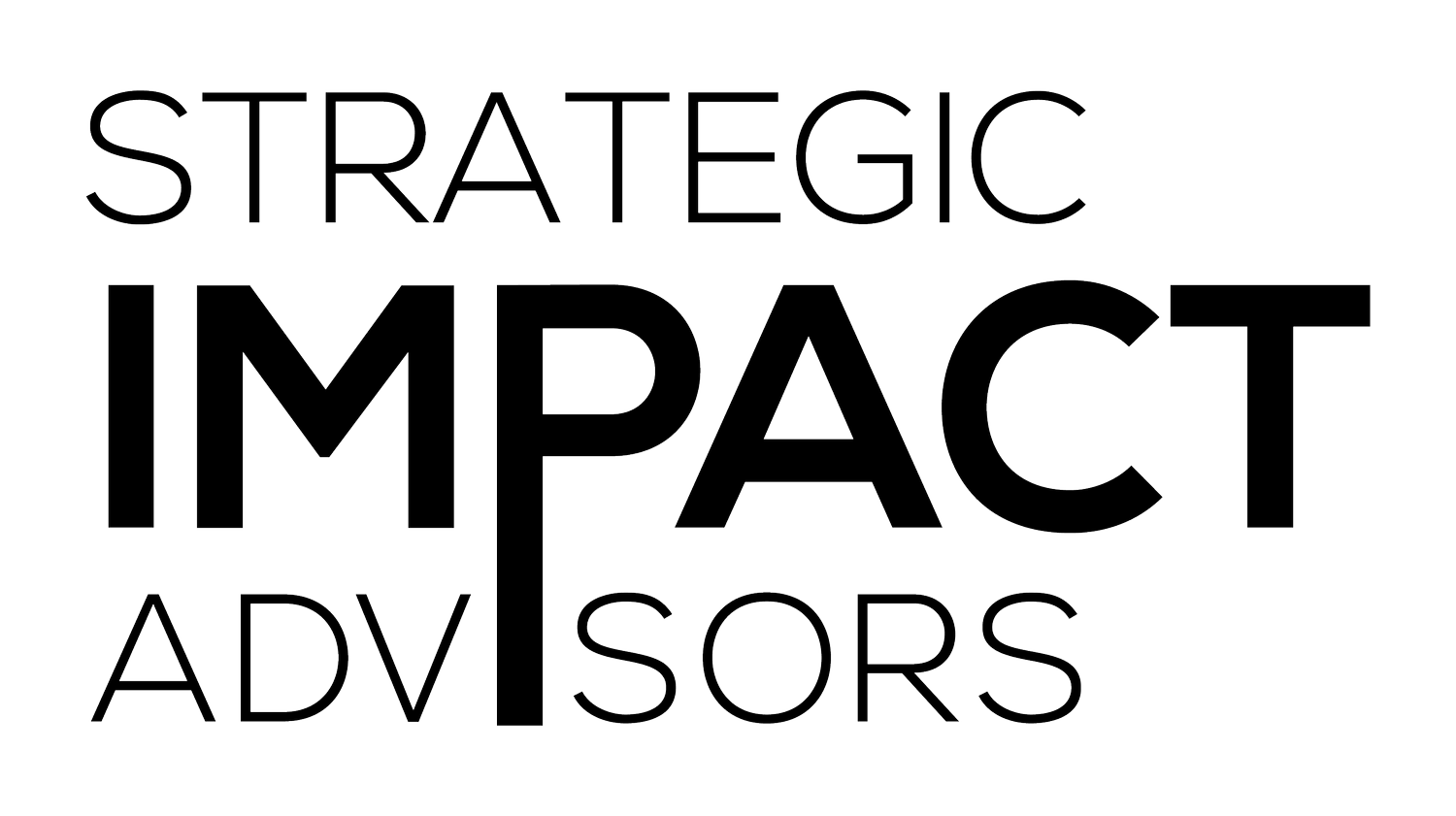But I don’t need another SIM card… Interoperability and bulk payments
With funding from USAID’s Global Development Lab, SIA has been supporting the USAID Rwanda mission for the past two years in helping a variety of their implementing partners (development organizations) transition to using mobile money for their last mile payment needs. These needs typically fall into one of two categories: 1) travel reimbursements or per diems for staff or training attendees or 2) cash transfers for specific targeted households, in more rare cases. In the last two years, we have witnessed considerable uptake of mobile money adoption among development organizations. Mobile network operators (MNOs), who provide the mobile money channel, have seen their corporate solutions revenues grow, as over 50% of their bulk payment business now comes from development organizations. When we first started the project in early 2016, we found only one organization using mobile money. Now MNOs report an estimated 30 development organization clients. While some organizations opt to work directly with the MNOs, others use their banks to access the mobile money channel. Many banks have invested in designing their online banking platforms for a more user-friendly experience to facilitate mobile bulk payments directly from a bank account.
Yet with all of the advances and growth in the use of mobile money for facilitating bulk payments, there isn’t a good solution for navigating the lack of interoperability between mobile money wallets. We believe that there is a time and place for interoperability and know that mobile money providers invest considerably into platforms, marketing, and agents. However, being a bulk payer or payee when there are no quality interoperability solutions causes many headaches. For example:
As a payer, and particularly as a development organization, accounting practices are strict, and reports indicating whether a payment was successfully delivered into a wallet is key. If a payer pays a number that is not on their provider’s network, called an off-net transaction, they not only pay more, but do not have visibility into whether that payment was actually delivered.
As a payer, when I present this issue to my provider, the solution is often free SIM cards for those payees who are on the other network or do not have a SIM at all. It's a sweet deal for the operator, essentially a bulk customer acquisition model, but it means delays in disbursements and time taken out of trainees’ days to register.
For the payees, this new SIM issuance can also be a pain, as they may already have a SIM they use, and may not have a handset that stores multiple SIMs. This typically means the SIM they are issued just sits in its original packaging until it’s time for another disbursement.
In other markets, such as Uganda, where there is yet to be interoperability, a plethora of solutions, either through banks or third-party aggregators, exist that enable the payer to pay directly into a wallet regardless of the provider. Rwanda lacks both aggregators and bank products that can pay across mobile money wallets. Those that do exist are price prohibitive or don't actually have integrations with all mobile channels. This makes them less desirable for price sensitive development organizations. So what are some solutions we are hoping to see in Rwanda?
Banks becoming aggregators. As was mentioned earlier, a lot of banks already offer mobile payments as part of their online banking corporate client services. Yet, oftentimes they only have access to one operator’s platform. We hope that more banks expand their relationships with multiple operators, and are able to keep prices for their clients lower. One reason they could justify this is providing these services can help to keep float in their accounts vs. in the escrow of mobile money providers.
Wallet to wallet interoperability actually happens! Access to Finance Rwanda and the Central Bank recently held a workshop with key members of the payments community to begin that conversation. This is still a work in progress, but something that may very well be in the cards for the Rwandan market.
For now, mobile money bulk payments are working, but solving the interoperability issue has the potential to grow the market more rapidly than the current scenario’s growth trajectory.
